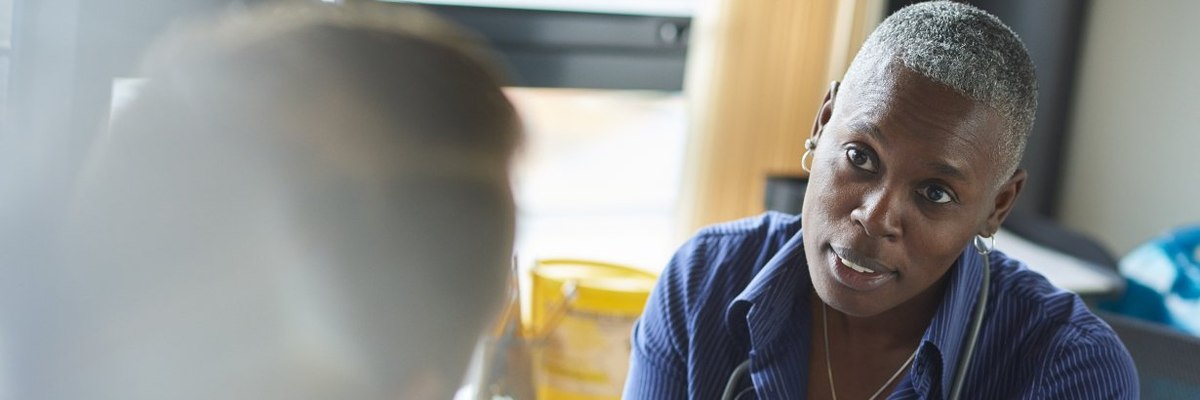But most of them found it difficult to get the help they needed
In the UK it is estimated that each year one in four of us will suffer with some kind of mental health condition, one in five have suicidal thoughts, and one in 15 will attempt suicide. With NHS waiting lists for mental health treatment now standing at 1.2 million people, how many Britons have sought help with their mental health, and are they getting they help they need?
A new poll conducted by YouGov now reveals that one in five (22%) Britons have sought help with their mental health from the NHS in the last few years, while 16% have a family member who has had to seek help.
So who is seeking help?
In recent years, a number of campaigns have been launched to tackle the large suicide rate in men. Still, it seems that men are less likely to have sought help with their mental health from the NHS than women, at 18% and 25% respectively. Those over 65 are also less likely to have sought help with their mental health; just 8% of this age group have sought help, versus 67% of those aged 50-64 and 60% of younger people aged between 18 and 24.
For those who do seek help, treatment often does not seem to be forthcoming. Of those who have sought help with their mental health, or have an immediate family member who has, six in ten (62%) say that they found it difficult to get the help they or their family member needed, with 26% reporting that they or that immediate family member are on growing waiting lists for mental health treatment.
A large proportion of those who have sought treatment seem to have given up trying to get help from the NHS. Of those who say they or a family member have not received any treatment from the NHS, 73% are also not on a waiting list for any treatment.
For those who do get treatment NHS half of Britons half rate the treatment as being very good (12%) or quite good (40%). However, more than a third say their treatment was quite bad (25%) or very bad (13%) once they got it.
Photo: Getty







